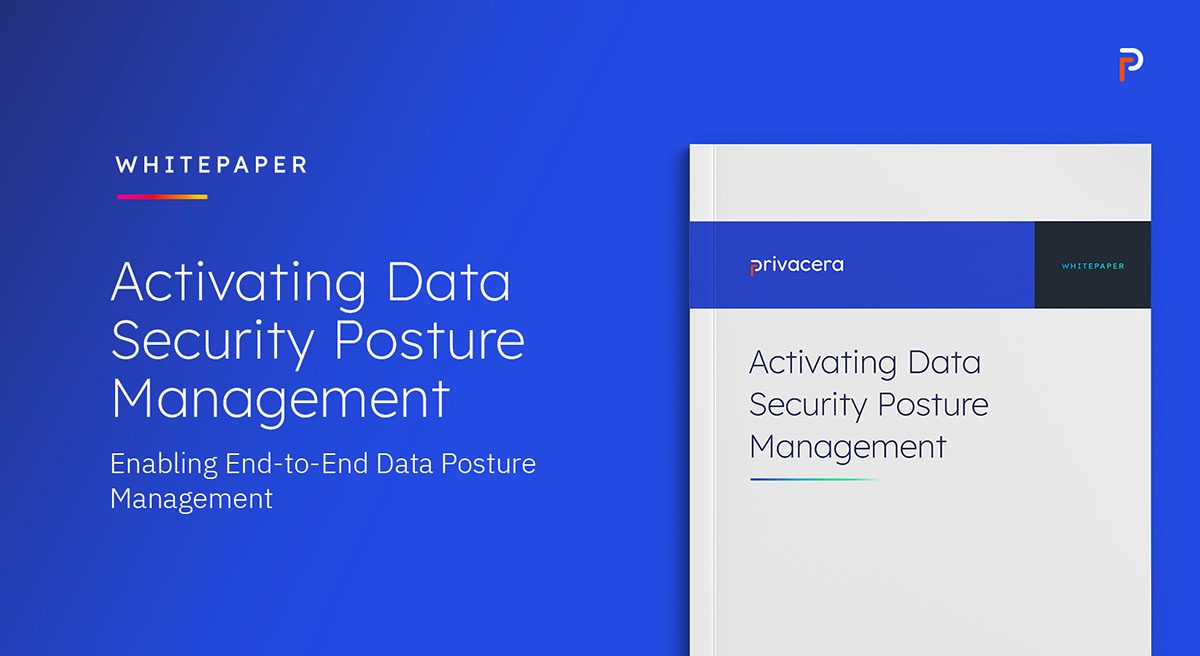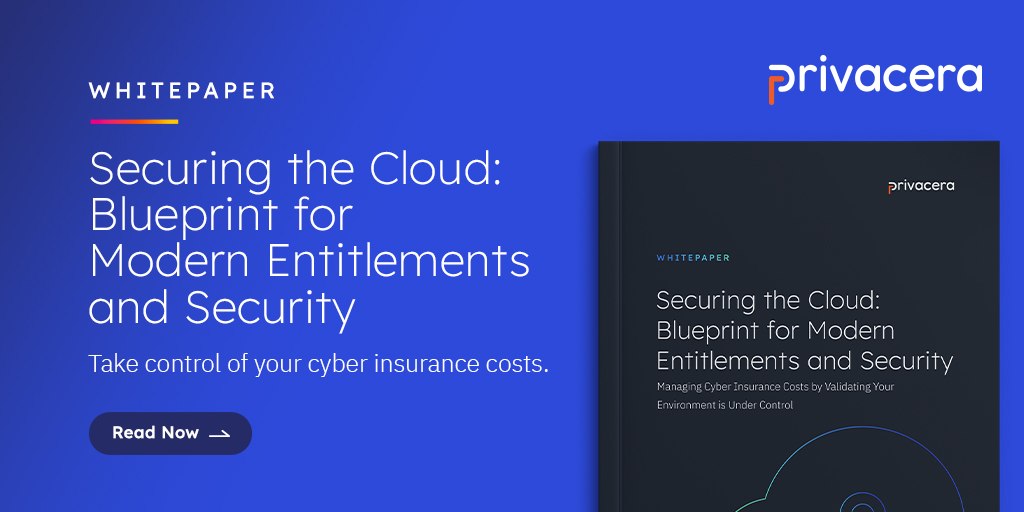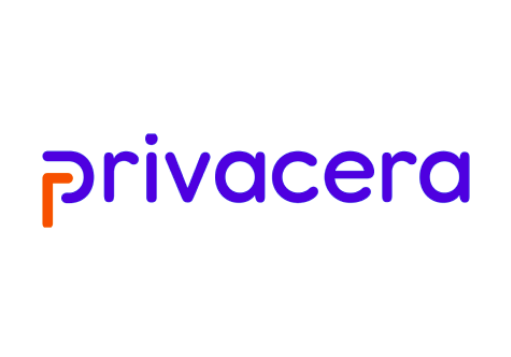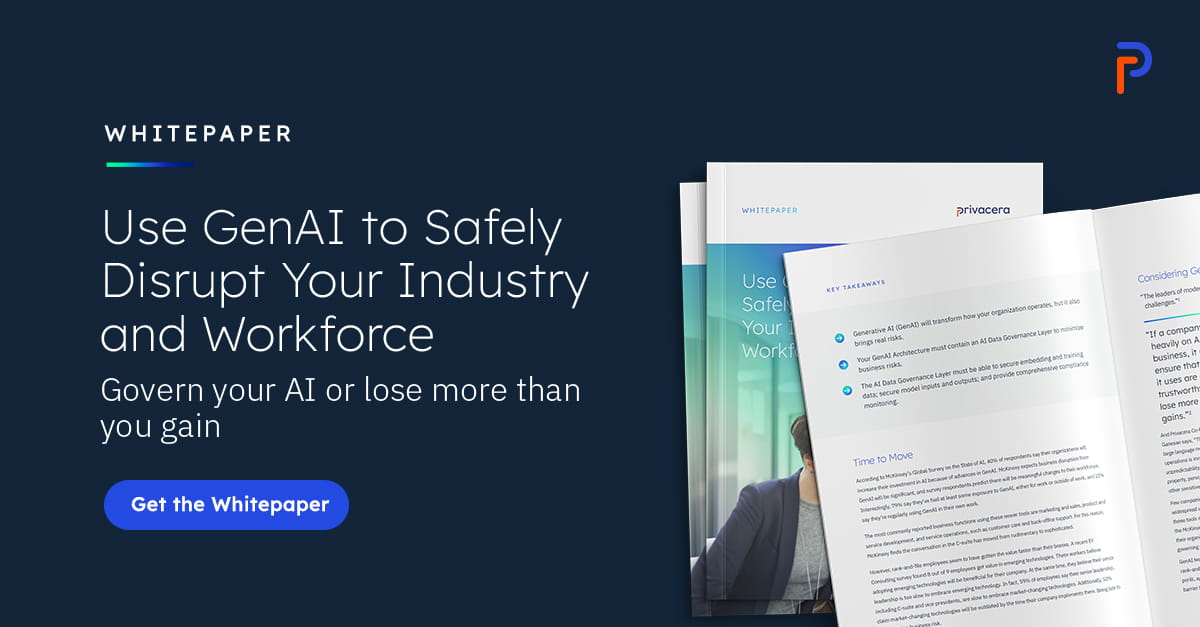
In today’s data-driven world, Chief Data Officers (CDOs) must prioritize data accessibility to truly harness its power. Beyond mere data discovery, accessibility involves empowering individuals to leverage data in a timely manner for decision-making, model building, and even AI innovation. By fostering a culture of data accessibility, CDOs can propel their organizations toward a data-driven future. As Randy Bean aptly states in Fail Fast, Learn Faster, the race is on to become data-driven, and accessibility is a critical component of this journey. It requires visionary leadership, a supportive culture, and the technical infrastructure to make data readily available.
Why Isn’t Data Accessible?
A significant barrier to data accessibility is still unawareness. Many individuals within an organization may not know that the data they need exists. While data catalogs have been introduced to address this issue, the challenge extends beyond mere discovery.
Once data is discoverable, the next hurdle lies in obtaining data in a timely fashion. Traditional methods like ticketing systems, while well-intentioned, can significantly hinder accessibility and slow down business insights. This process often involves excessive bureaucracy, delays, and increased workload for IT teams, ultimately hindering the organization’s ability to leverage data effectively.
Three Case Studies
Traditional approaches to data access governance that relies on IAM roles and coarse grained access permissions are not able to match the dynamic nature of today’s modern data-driven organizations. The case studies below highlight some of the challenges organizations face in an effort to drive data democratization at enterprise scale.
A Large Retailer
This retailer faced significant challenges in managing its rapidly expanding BigQuery environment. New databases or files typically result in the creation of a new project. This company ended up with hundreds of Google projects containing thousands of tables and columns, making it difficult to efficiently manage access control, data governance, and sensitive data masking. Its manual processes for onboarding new data resources, granting access, and masking sensitive information were time-consuming, error-prone, and hinder scalability. To address these challenges, the retailer deployed Privacera and was able to automate onboarding and streamlines access management via a unified governance framework.
A Healthcare Payer
A leading healthcare payer accelerated its data onboarding and became a digital-first business with Privacera. By identifying sensitive data and enforcing fine-grained access controls, they eliminated data security risks and inefficiencies caused by duplication and coarse-grained IAM role-based policies. The typical solution for limiting data access in a coarse grained scenario involved creating copies of the data. With Privacera, they were able to reduce dataset proliferation and make data more accessible. The result: streamlined IT operations, reduced compliance complexity, and a secure, efficient data ecosystem.
A Large Telecom
This telecom company revolutionized its data governance and how it manages, secures, and leverages data. Facing challenges in customer experience, marketing, and operational efficiency, the company sought to modernize by migrating to AWS and replacing its DIY security approach. IT was a bottleneck slowing data access and impeding business growth. By implementing Privacera, they centralized and simplified security and access controls across all analytical applications. This eliminated IT bottlenecks, streamlined onboarding, and elevated both customer and employee experiences—all while meeting rigorous internal and external data security mandates.
Dynamic Organizations
Dynamic organizations occur where there is rapid change, specialized roles, and high-pressure demands for data and insights. These organizations often operate in industries like technology startups, healthcare, customer service, sales, and consulting, where the ability to adapt quickly and contribute immediately is critical to success. Whether dealing with significant role shifts, complex project management, or onboarding challenges, dynamic organizations require systems and strategies that empower employees to hit the ground running.
Significant Role Changes in Professional Services
In professional services organizations like accounting firms, PR agencies, and management consultancies, roles frequently evolve to meet client demands and industry trends. These changes can be transformative, requiring individuals to quickly adapt to new responsibilities, skill sets, or leadership expectations. Success in these environments depends on robust knowledge-sharing systems, continuous learning opportunities, and clear communication to ensure seamless transitions and sustained performance.
Complex Project Management in Matrixed Organizations
Matrixed organizations, which rely on cross-functional teams, face unique challenges in managing significant project changes. When priorities shift or deadlines compress, these organizations must harness collaboration and data-driven decision-making to realign resources efficiently. The ability to share insights, adjust workflows, and maintain clarity of roles ensures that teams remain productive, even in the face of uncertainty.
Onboarding in High-Turnover Industries
Industries with high turnover rates, such as large customer service organizations, rely on effective onboarding to maintain continuity and performance. In these environments, rapid productivity is essential, with new hires often expected to contribute immediately. Streamlined onboarding processes, role-specific training, and centralized access to critical tools enable new employees to integrate quickly and minimize downtime.
Meeting the Demands of Fast-Paced Environments
In dynamic workplaces, where tight deadlines, specialized roles, and frequent project changes are the norm, organizations must prioritize agility. This includes leveraging technology to enable real-time collaboration, fostering a culture of continuous improvement, and maintaining a clear focus on outcomes. By investing in systems and strategies that support rapid adaptation, dynamic organizations can stay ahead in competitive and fast-moving markets.
Address with Birthright/Attribute Access
For the above organizations, there is the opportunity to eliminate the inefficiency and risk of piecemeal, manual data security processes with Privacera’s advanced data access management platform. By combining Attribute-Based Access Control (ABAC), Tag-Based Access Control (TBAC), and Role-Based Access Control (RBAC), Privacera automates and simplifies the onboarding of users and datasets. Its native support for a wide range of data services ensures seamless integration with your existing and future data security needs, minimizing operational overhead.
Privacera’s platform goes further by integrating tags with data catalogs and attributes with Identity and Access Management (IAM) and other governance tools, enabling fully automated and dynamic data security. This ensures consistent enforcement of policies across your data landscape, reducing the risk of human error and enhancing compliance.
Harnessing robust ABAC capabilities, Privacera allows you to enforce granular data access policies using user attributes, eliminating the need to define and maintain extensive roles manually. Seamlessly integrate user details such as location, data classification, compliance certifications, department, or title from third-party identity management systems like Active Directory or Okta. This flexibility empowers organizations to adapt security policies quickly and maintain precise control over who accesses what data, and under what conditions.
With Privacera, organizations can ensure scalable, secure, and compliant data access while significantly reducing manual intervention—freeing teams to focus on innovation instead of administration.
Parting Words
Data accessibility isn’t just a convenience—it’s a competitive advantage. For CDOs, the ability to unlock data’s full potential while maintaining robust security and governance is paramount. Tools like Privacera streamline this process, empowering organizations to eliminate manual bottlenecks, ensure compliance, and enable seamless data access across dynamic and complex environments. By addressing challenges in discovery, governance, and security, CDOs can create a foundation for innovation, operational excellence, and strategic decision-making. In the race to become truly data-driven, prioritizing accessibility is not just a strategic choice—it’s an essential one.
If you are interested in learning more about Privacera, you can schedule your demo here.






